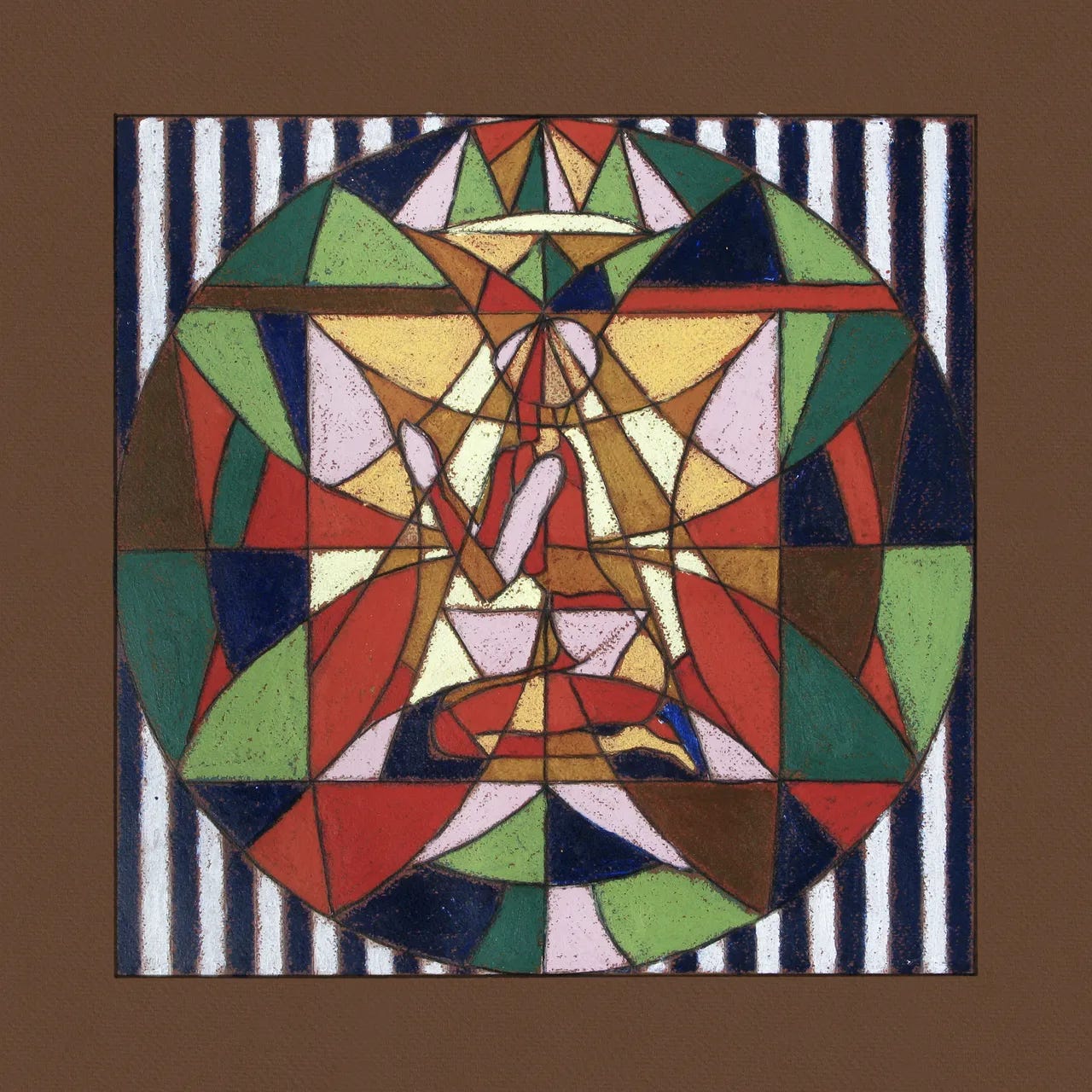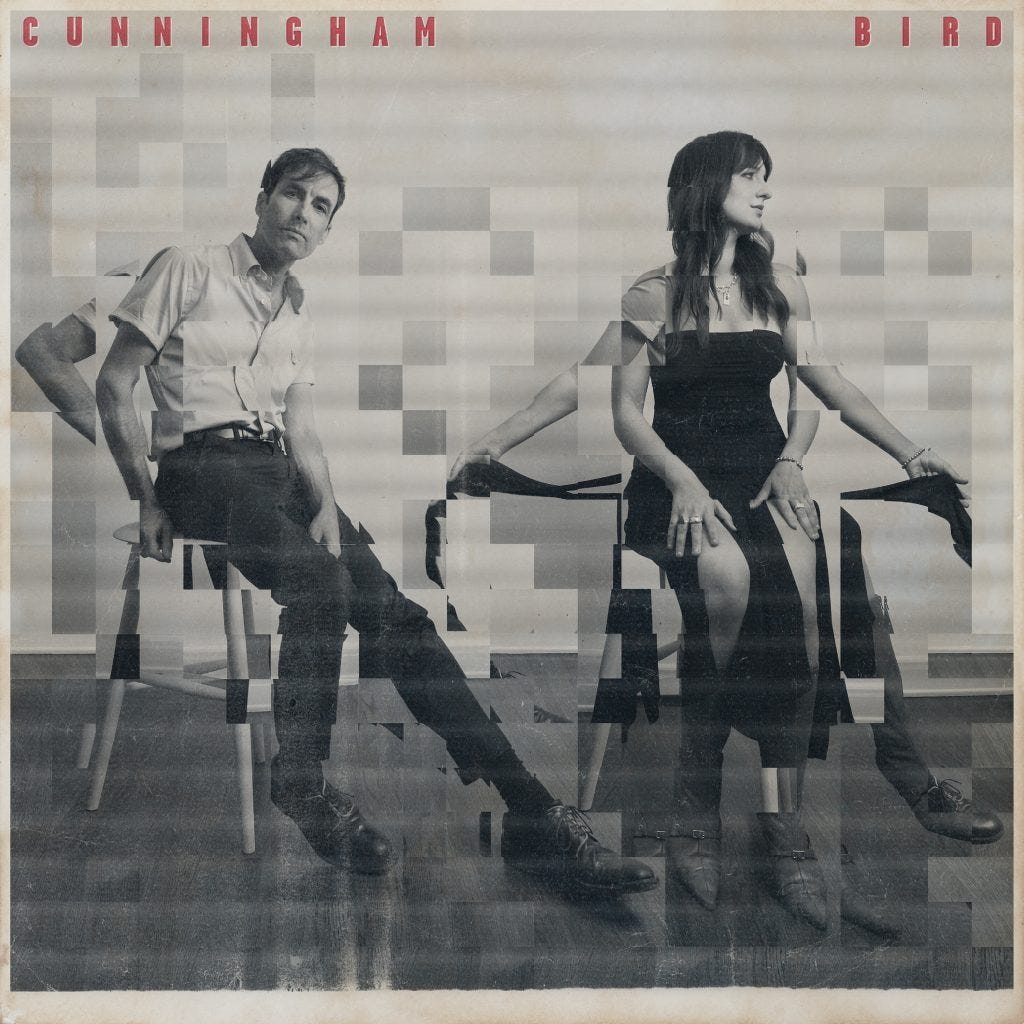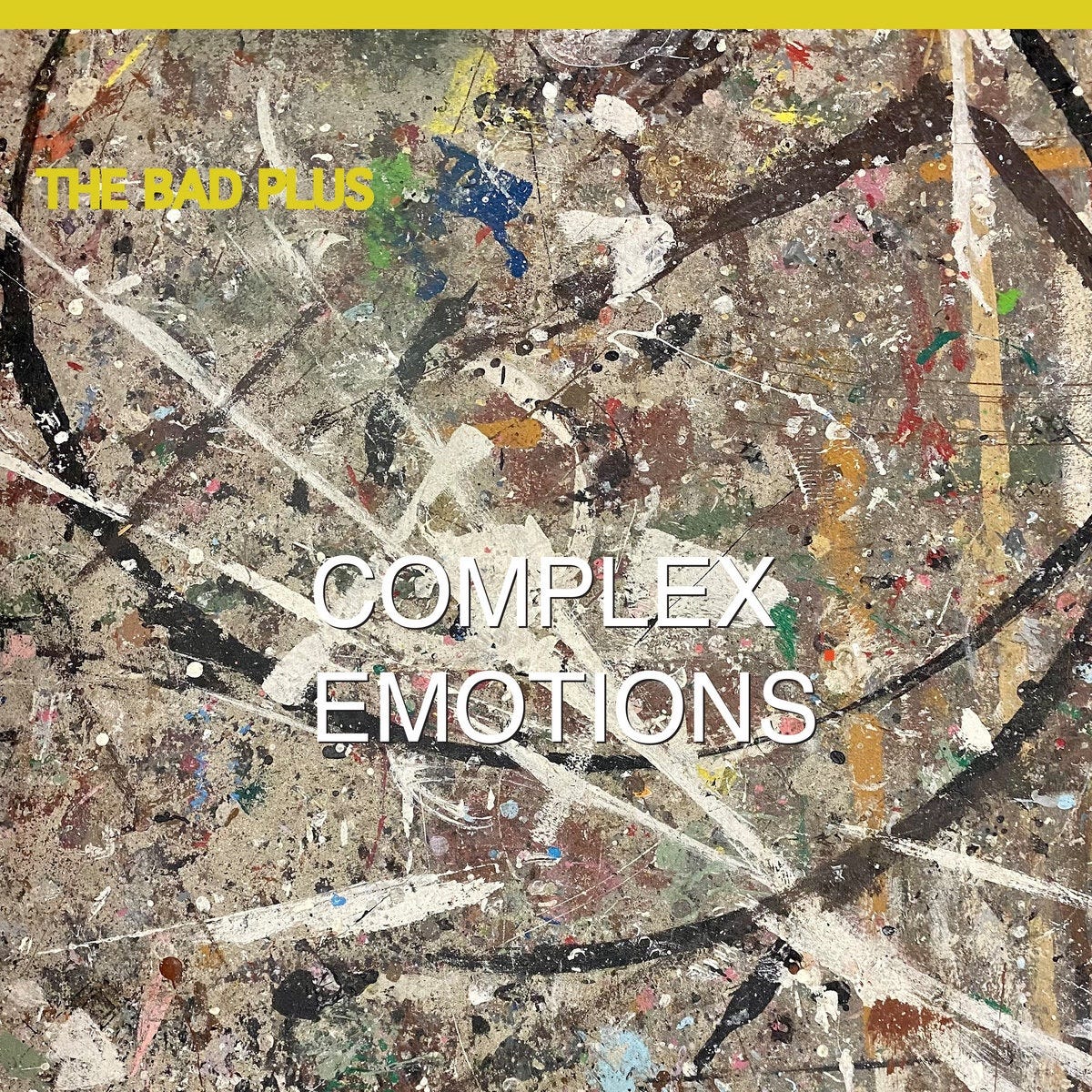Quick Ones, Part II
A roundup of new and notable releases, including recent albums from Post Malone, Sabrina Carpenter, and The Cure.
The Cure - Songs of a Lost World
During the 1980s, it was easy enough to view The Cure’s Robert Smith as a goofy goth-rock outsider, perpetually caked in makeup and sobbing his way through one sadsack pop masterpiece after another. In 2024, he has become something of a folk hero, not least for his heroic and very public stance against Ticketmaster’s concert booking monopoly. He’s engendered enough goodwill to send Songs of a Lost World— the first new album from The Cure since 2008— straight to #1 in the UK, but thankfully, the album’s rapturous reception is more than just a lifetime achievement award. Songs of a Lost World is a legitimately great Cure album, particularly for listeners who define this band’s greatness in terms of towering melancholy, glacial pacing, and majestic soundscapes. (Those who are drawn to Smith’s more playful, confectionery work will want to take another trip through The Head on the Door.) In fact, it’s no great leap to call this an older, wiser, and somehow even sadder version of Disintegration, the band’s 1989 masterpiece of transcendent gloom. It’s a testament to Smith’s deep, lived-in craftsmanship that he can sustain the same downcast mood and patient tempos for 50 minutes without the album sounding the least bit redundant; as Stephen Thomas Erlewine writes, The Cure “find nuances in forty different shades of black, heightening the drama by letting the beating waves of keyboards and squall of guitars feel alternately foreboding and comforting.” The biggest surprise of all? Though he’s now in his mid-sixties, Smith sounds not the least bit weatherbeaten, his yowling sob still one of the most expressive sounds in all of pop music. Hail our conquering hero, whose enveloping sadness remains a balm during difficult times. My rating: 8 out of 10.
Laura Marling - Patterns in Repeat
The British folk singer Laura Marling has made so many albums, of such uniformly high quality, that it can be hard to winnow her catalog into obvious high points— yet surely Patterns in Repeat will stand among her most arresting, accomplished works. Inspired by the birth of her daughter, the album reckons with parenthood’s conflicting emotions, its homespun sound conjuring intimate domesticity. Though centered on Marling’s rich voice and guitar, the album features the subtle coloring of string sections, pianos, even analog synthesizers. It’s an appropriately warm, welcoming atmosphere for Marling— who has never sounded more at ease in her singing— to share some of her most beautiful, candid lyrics. It’s not quite right to say that this is a straightforward memoir about motherhood: On songs like “Child of Mine” and “No One's Gonna Love You Like I Can,” Marling plays with time and perspective, imagining her relationship with her daughter branching off into countless possible tributaries and trajectories. Occasionally, individual lyrics strike with chilling effect, as in the standout song “The Shadows”: “She knows, of course she knows/ And one day she’ll tear me apart.” As on each past album, Marling offers wisdom that far exceeds her years. My rating: 7.5 out of 10.
Andrew Bird and Madison Cunningham - Cunningham Bird
It’s nearly impossible to hear the legendary 1973 album Buckingham Nicks— unless you happen to have a dusty LP from its original print run, or you’re willing to settle for a YouTube rip. A collaborative album from Lindsey Buckingham and Stevie Nicks, released shortly before the duo joined the storied ranks of Fleetwood Mac, the album has been out of print (and absent from the streaming ecosystem) for eons. As such, this song-by-song reimagining from Andrew Bird and Madison Cunningham feels less like a conventional tribute album, more like a work of pure public service— a way to get these hard-to-hear songs back into circulation, imbuing them with a second life. That’s not to say that this is a faithful recreation of the original album; instead it removes much of the 70s-era varnish in favor of a more intimate acoustic setting, even replacing some of Buckingham’s slick guitar solos with Bird’s deft fiddle. The original album’s soft-rock harmonies are very much in tact, yet the spirit in which they are offered feels different: Where Buckingham and Nicks always felt combustible, the chemistry between Bird and Cunningham feels easeful, friendly, and assured. Cunningham Bird is more than just a weird footnote to a lost-classic LP; it’s a rich, rewarding, and roundly entertaining album in its own right. My rating: 7 out of 10.
Post Malone - F-1 Trillion
You could argue that nobody in pop music has had a better year than Post Malone, who enjoyed high-profile appearances with Taylor Swift and Beyoncé before sweeping the streaming charts with his own F-1 Trillion. But this album doesn’t merely strike while the iron’s hot; it inaugurates a whole new era for Post Malone, once ostensibly a rapper but now firmly entrenched in the world of mainstream country. Indeed, F-1 Trillion is a canny construction of state-of-the-art country at its finest, channeling pop hooks and arena-ready swagger through twanging fiddles and ringing guitars. Nearly every song boasts a superstar duet partner— from Blake Shelton to Morgan Wallen, Jelly Roll to Luke Combs, the gang’s all here— and the lineup of features makes the album feel like a facsimile of Spotify’s Hot Country playlist: Song after song about drinking and regret, heartaches smoothed over with savvy wordplay, and not nearly enough women invited to the party. Special kudos to Dolly Parton, who lets loose and has some fun on the honky tonk throwback “Have the Heart,” and to Billy Strings, who lends some welcome pyrotechnics to the outlaw throwaway “M-E-X-I-C-O.” The whole thing sounds good while it’s playing— yes, even “I Had Some Help,” the svelte single featuring Wallen. What’s missing here is a point of view: These country hand-me-downs suit Post Malone well, but nothing sheds any light on who he is or why he pivoted to country music— save for business savvy. My rating: 7 out of 10.
Sabrina Carpenter - Short N’ Sweet
In 2024, titling a pop album Short N’ Sweet is a hell of a sales pitch, promising quick and simple pleasures in an era of streaming bloat. Packing its 36 minutes with effervescent hooks and breezy energy, the sixth Sabrina Carpenter album lives up to its promise, and to the perky vibes cultivated with lead singles “Espresso” and “Please Please Please.” In fact, those songs set the tone for everything else on Short N’ Sweet, with most of these songs falling somewhere between the featherweight dance-pop of the former and the faint 80s nostalgia of the latter. This is an album of assured pop craftsmanship, streamlining new wave jitters and club-lite grooves into something glistening and state-of-the-art; with “Slim Pickins,” there’s even a convincing diversion into contemporary country. What frustrates about the album is how emotionally one-note it feels. Carpenter is clearly a devotee of 80s pop, where carnality was often right at the surface, but the songs on Short N’ Sweet routinely channel that coy sexuality through smirks, come-ons, and barely-there double entendres. The neon-lit opener “Taste” sets the tone for bawdiness with just the faintest layer of plausible deniability, and the rest of the album is delivered with what feels like a constant wink. “Carpenter's instincts are pretty damn cloying,” writes Stephen Thomas Erlewine— enough so that, even at 36 minutes, Short N’ Sweet eventually starts to drag. My rating: 6.0 out of 10.
The Bad Plus - Complex Emotions
During their first incarnation— roughly 2000 through 2017— jazz trio The Bad Plus defined themselves by puckish humor, rambunctious energy, and an agreeably non-institutional approach toward the jazz tradition. When founding pianist Ethan Iverson left the band, he took much of their impish spirit with him; the humor and pop hooks that defined the early Bad Plus album are still present in great abundance on Iverson’s fine solo records, while his former band mates are increasingly drawn toward mood music and free-form sonic explorations. Now a quartet, The Bad Plus features the original rhythm section of David King and Reid Anderson, along with new guitarist Ben Monder and saxophonist Chris Speed. The eight original songs featured on Complex Emotions— the second Bad Plus album to feature this expanded lineup— are mostly relaxed and impressionistic affairs, with Monder’s echoing guitar deployed largely for ambiance while Speed plays the melodies straight. A few songs briefly capture percolating energy, particularly the ringing “French Horns,” while album-closing “Li Po” is one of the band’s best examples of scene-setting atmospherics. Such highlights are enough to make this the best album the band has made since Iverson’s departure, yet there’s no mistaking that this is a group now well into middle-age (and on their third life), and they simply don’t play with the same punch they used to. My rating: 5.5 out of 10.
Check out the original edition of Quick Ones, featuring short takes on Kamasi Washington, The Avett Brothers, Adrianne Lenker, and more.










